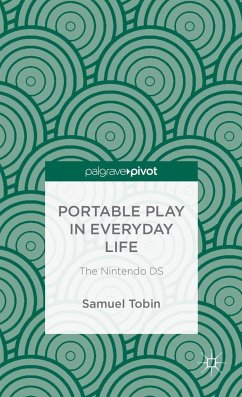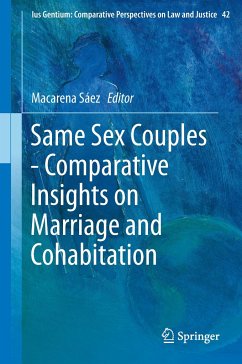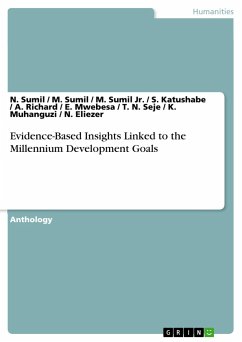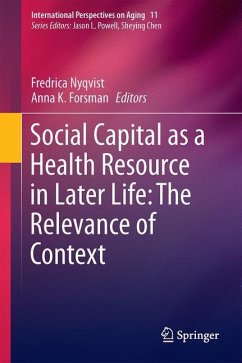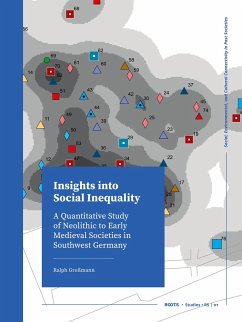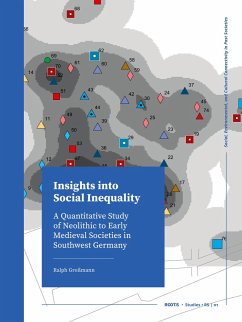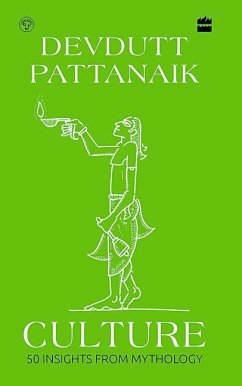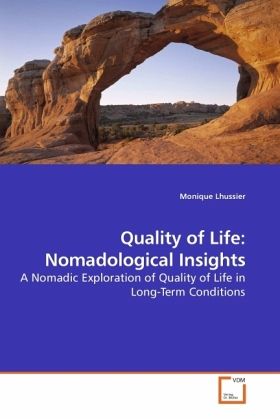
Quality of Life: Nomadological Insights
A Nomadic Exploration of Quality of Life in Long-Term Conditions
Versandkostenfrei!
Versandfertig in 6-10 Tagen
52,99 €
inkl. MwSt.

PAYBACK Punkte
26 °P sammeln!
The meaning and value of quality of life has eluded researchers and philosophers for centuries. In this book I take the reader through a textual journey, so that it may be approached differently. Qualitative research chapters are alternated with those analysing the political and cultural background to their making. These texts are then woven into a deconstruction of quality of life in the five oppositional pairs of life and death, health and illness, independence and dependence, empowerment and disempowerment and certainty and uncertainty. This deconstructive thread informs and is informed by ...
The meaning and value of quality of life has eluded researchers and philosophers for centuries. In this book I take the reader through a textual journey, so that it may be approached differently. Qualitative research chapters are alternated with those analysing the political and cultural background to their making. These texts are then woven into a deconstruction of quality of life in the five oppositional pairs of life and death, health and illness, independence and dependence, empowerment and disempowerment and certainty and uncertainty. This deconstructive thread informs and is informed by the texts studied, in a dis-order created to blur boundaries between established categories and deterritorialise the concept. Powerful discourses are highlighted, which shape a quality of life text for people with long-term conditions. This book is thus essentially about the application of Deleuzo-Guattarian concepts to the study of quality of life and health. As such, it is aimed at a broadaudience of health care professionals, quality of life researchers, postmodernists, sociologists and students interested in postmodern approaches to research.



